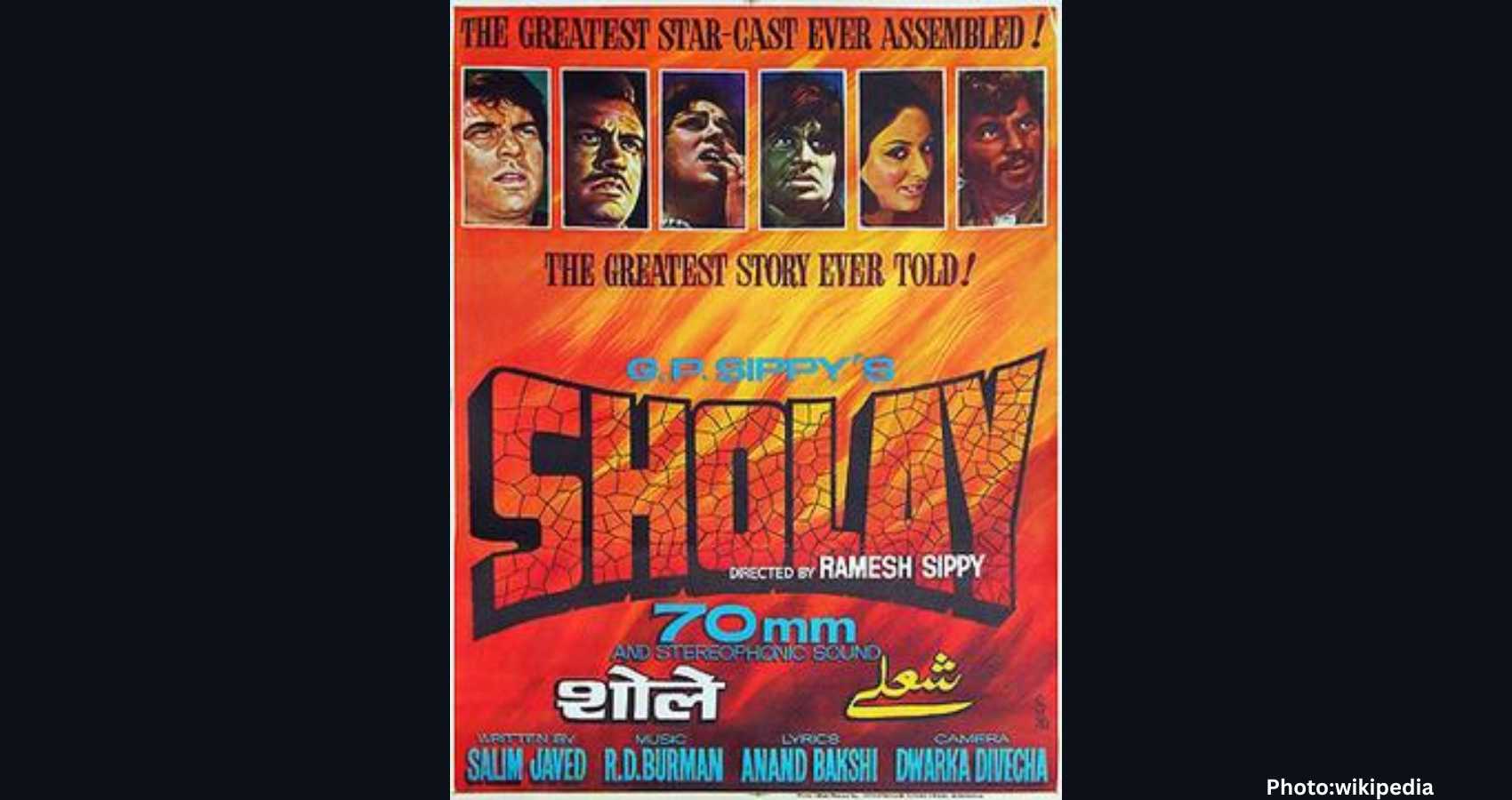As the iconic film Sholay celebrates its 50th anniversary, co-writer Javed Akhtar reflects on the mysterious recipe for its immense success and enduring cultural impact.
On August 15, 1975, India marked 28 years of independence. That Friday, several films debuted in theaters, taking advantage of the Independence Day weekend. Among these films was an action drama that initially struggled at the box office. However, over time, it reshaped Indian cinema’s cultural landscape. This film was Sholay, an iconic ‘curry western’ directed by Ramesh Sippy.
Before Sippy brought Sholay to the screen, the film was conceived by the eminent screenwriting duo Salim-Javed. Having already achieved significant success with the hit film Zanjeer, Salim-Javed pitched Sholay to Sippy while riding a wave of enthusiasm and momentum.
Speaking to the film’s enduring legacy, Javed Akhtar, who co-wrote Sholay, shares his perspective on its success, which remains challenging to dissect. Asked why the film resonated so deeply, Akhtar replied candidly, “Agar mujhe maloom hota toh main doosri Sholay nahin likh leta” (If I knew the formula, would I not write a second Sholay?).
Javed Akhtar elaborates that charisma, whether in an individual or a work of art, is indefinable. “Charisma can never be defined, whether in a person or in a piece of art, whether it’s a film or a song. If you are able to solve and decode what it is, then it is no longer charisma,” he explains. Despite attempts to rationalize and analyze art, some elements remain beyond understanding, making charisma a unique and unpredictable quality.
Sholay not only marked a significant achievement in Hindi cinema but also a pivotal point in Salim-Javed’s careers, establishing them as Bollywood’s most coveted screenwriters. “Two films of ours released that year – Deewar and Sholay. Naturally, our lives changed. We were able to earn money, make a name for ourselves, and build a standing in the industry. 1975 was a very important year in our lives,” Akhtar recounts.
In its time, Sholay grossed over ₹30 crore at the box office. If adjusted for inflation today, its earnings would surpass ₹3000 crore, cementing its status as Indian cinema’s largest commercial success. The film sold more tickets than any other, held the record for the highest number of golden jubilees, and previously, before Dilwale Dulhania Le Jayenge, held the record as the longest-running Indian film.
Despite numerous analyses surrounding Sholay’s success, Akhtar prefers not to dwell on it. “Reminiscing about old things too much is a waste,” he states, adding, “Your work is like your children. Whatever they achieved is not always because of you. These films become immortal not just because of you. Thousands and millions of people are involved in it. They liked it and connected with it, which is why it became so big. On paper or in camera, it was not this big. When millions of people identify with it, a work of art becomes big then.”
Featuring a cast comprising Sanjeev Kumar, Amitabh Bachchan, Dharmendra, Amjad Khan, Hema Malini, and Jaya Bachchan, Sholay’s storyline of revenge and love has rendered it one of the most frequently quoted and watched Indian films ever.

